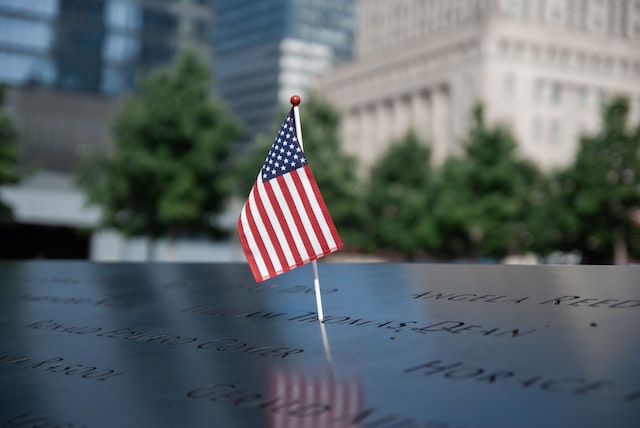5 First-Responder and New York Resident 9/11 Health Problems
Photo by Lars Mulder from Pexels
A couple of days ago, America commemorated the nine-eleven nineteenth anniversary. It’s not something anyone will ever forget who was alive when it happened. In many ways, it’s like the Kennedy assassination in the way it reshaped this country.
Many first responders and New York residents need no reminding. That is because they continue to live with the health effects of what happened nineteen years ago.
There is a nine-eleven relief fund that first responders and downtown residents can use if they’re having health problems now. Here are some examples of what’s happening with these individuals.
Breast Cancer
Many first responders have died of various cancers since nine-eleven. That is because they breathed in the toxic dust from the buildings collapsing. That dust contained:
- Asbestos
- Dioxins
- Glass fibers
- Lead
There’s now widespread cancer among the first responders, but breast cancer in particular. Tragically, some area residents who breathed in the toxic cloud are now afflicted as well. The dust cloud contained more than 2,500 known contaminants, so none of this is all that surprising.
If you’re a first responder and you have breast cancer now, or another form, then make sure to apply to the relief fund. Even if you no longer reside in New York, you are probably still eligible.
Respiratory Problems
Because of the toxic dust that first responders and downtown residents breathed in, it’s also no surprise that many of them now have respiratory problems. Some of them have:
- Developed asthma
- Developed lung cancer or emphysema
Some can only breathe now with a respirator. Others get winded easily and can no longer run or do any strenuous exercise. Some report feeling dizzy often or out of breath when they’re walking up a flight of stairs.
PTSD
Many first responders and downtown residents who survived nine-eleven still grapple with PTSD, even nearly two decades later. That’s not a shock either. Terrorist attacks are one of the leading PTSD causes, and this is one of history’s most notable ones.
A first responder’s mental state is just as vital as their physical one. If you’re one of these individuals coping with what happened, see if you can use the relief fund to talk to a therapist, if you’re not doing so already.
There is no reason why you should keep your feelings bottled up. If you do that, then it will probably negatively impact your relationships with those who love you. You might find some peace by talking about what you feel.
Insomnia
PTSD and sleeplessness often go together. Downtown residents and first responders often can’t sleep, and insomnia, the chronic version of this, is very tough to get past.
Talking to someone might help, but you can also use over-the-counter sleep aids. Melatonin works well for some people and doesn’t have a hangover effect the next day, as some other options do.
You can also get yourself some blackout curtains for your room and turn off all electronic devices. Studies show that if a room is as dark as possible, that helps some problem sleepers.
One additional thing to try is shutting off your phone, the TV, and any other electronics an hour before bedtime. You can quiet your mind by reading a book for a while before bed or talking to a loved one.
Digestion Issues
Some of those who inhaled the toxic cloud also report digestion issues like acid reflux disease. This is where you feel an unpleasant burning sensation in your throat and upper chest.
Those who have it can watch what they eat since some foods seem to trigger it more than others. You might need to avoid things like alcohol or spicy foods.
If you have a milder case, then you might be okay with over-the-counter antacid medication. If you’re dealing with more severe symptoms, you may need to get something stronger from a doctor. In some situations, there could be a surgical option.
These are only a few of the conditions that first responders and current or prior downtown New York residents experience because of what happened that day nineteen years ago. They will never forget because their minds and bodies won’t let them.
If you are one of those who were there that day, then know that the relief fund is there to help you, and you should waste no time in taking advantage of it if you’re struggling with health issues. You definitely deserve compensation for what you went through and continue to experience.

